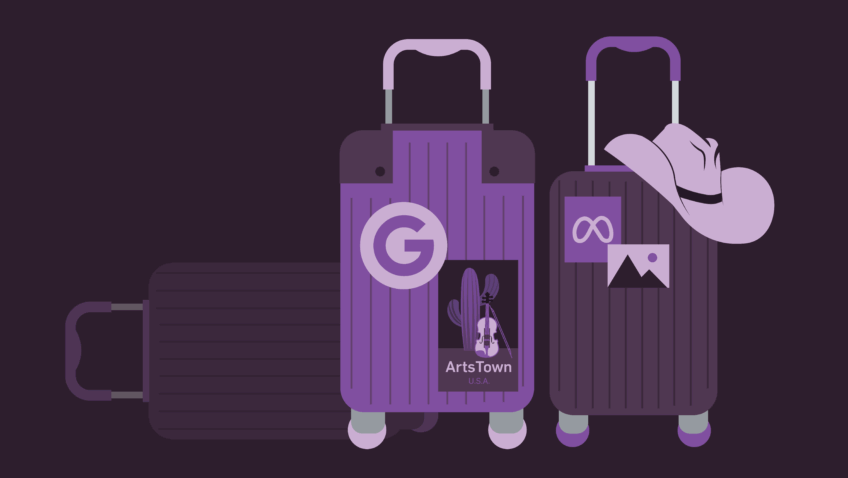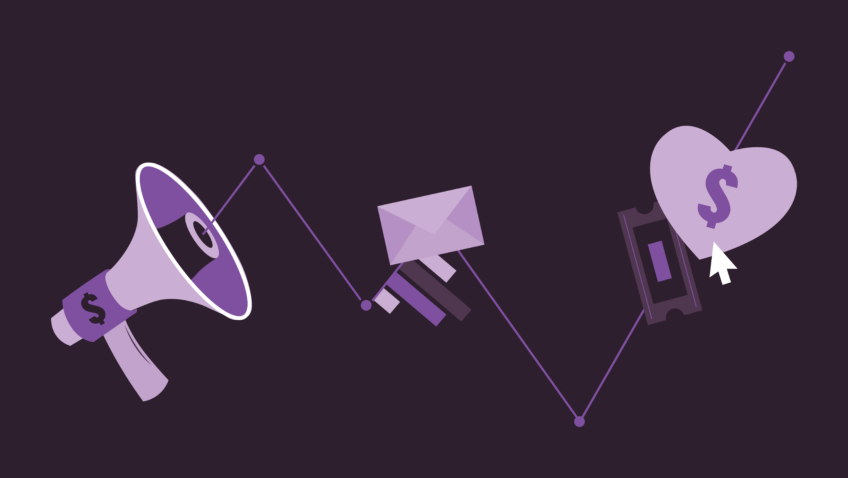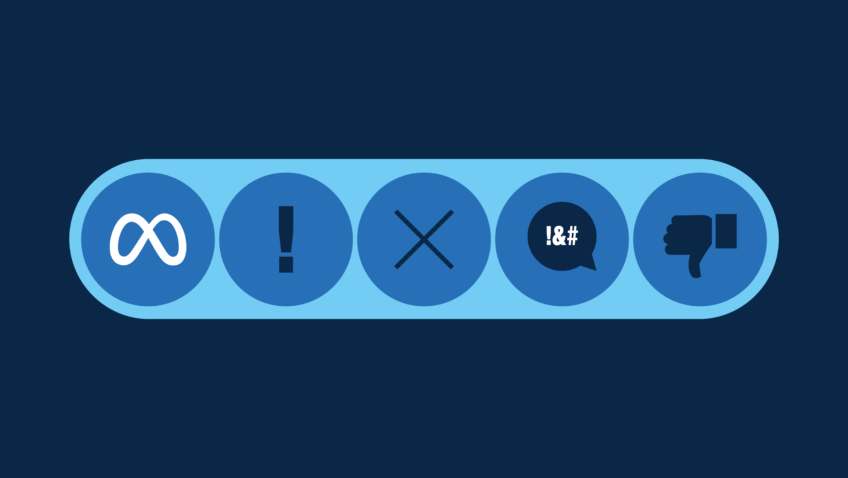Can I Use This Song in My Ad?
What Arts and Cultural Marketers Need to Know About Copyrighted Music
Whether you’re launching a season, teasing a new performance, or hyping up an exhibition, music can transform your ad. The right track adds energy, builds emotion, and reinforces your brand identity. But here’s the tricky part: not every song is fair game.
Using copyrighted music without proper permissions can lead to muted videos, rejected ads, or even account penalties. And in a field where deadlines are tight and budgets are tighter, surprises like that are the last thing you need. Let’s break down what you need to know about using copyrighted music in ads and explore budget-friendly, creative alternatives to keep your creative compliant.
The Basics: How Music Licensing Works
Copyright is a legal right that protects original works of authorship like music, books, or movies. Most commercially released music is protected by copyright, and using it in your advertising requires obtaining the appropriate licenses. These typically include synchronization and master use licenses.
These licenses can be expensive and difficult to obtain, especially for big-name or popular tracks. But they’re essential if you want to use commercial music legally. Without them, your ad could be muted, paused, or taken down. Repeat offenses may even result in account penalties—or worse, legal action from rights holders. Yikes!
How Platforms Detect Copyrighted Music
Major platforms like Google, Meta, and TikTok use sophisticated content recognition systems to monitor copyright violations. Their algorithms compare your content to massive databases of copyrighted material. If your ad includes music that matches a track in these databases and you don’t have the right licenses, it will get flagged.
To help advertisers stay compliant, most platforms offer tools to help you check for copyright issues before you hit publish. Meta also introduced Automatic Music Replacement, which swaps out unlicensed tracks for pre-cleared ones. Still, the safest move is using properly licensed music from a trusted source to avoid campaign delays and headaches.
What If You Have the Rights But Still Get Flagged?
Advertising platforms rely heavily on automated systems to detect copyrighted content, and those systems aren’t always great at nuance. Here’s how to stay prepared and limit campaign interruptions:
Allow Time for Review. If you know your campaign will use music that could be mistakenly flagged, build extra time into your launch schedule. That gives you room to resolve any disputes without delaying your promotion.
Partner With Your Licensing Contact. If you’re working with a music publisher, composer, or rights organization, let them know about the issue. Some rights holders can whitelist your content or provide documentation to help you dispute false claims.
Dispute Incorrect Flags. Most platforms allow you to appeal flagged content. Be prepared to submit supporting documentation like licenses, permission letters, and contracts. The CI team can also be your partner here, expediting disputes through our elite platform partnerships.
Myth Buster: If your organization recorded a concert in-house and owns the footage, you still need permission to use the music itself in a synced way (i.e., pairing that music with video footage for a promo ad or social post). Owning a video is not the same as owning the music rights. If you’re turning concert footage into an ad, it’s worth checking whether both sync and master use rights are cleared for that purpose.
What Can You Use Instead?
You don’t need big-budget tracks to make a big impact. Here are solid alternatives that still allow you to be creative and on-brand.
Stock Music Libraries. There are plenty of royalty-free libraries with high-quality tracks available at low or no cost. You can even sort by mood, tempo, or genre to find the perfect vibe for your campaign. Try in-platform libraries like Meta’s Sound Collection, YouTube’s Audio Library, and TikTok’s Commercial Music Library, or search third-party libraries like Artlist, Pixabay, and AudioJungle.
Public Domain Music. Certain compositions are freely available to the general public because their copyright has either expired or been forfeited. These are known as public domain compositions. Classical pieces like Shostakovich’s Symphony No. 5 might fall into this category. But be careful: while the composition itself may be public domain, specific recordings of it—say, by the Berlin Philharmonic—can still be protected by copyright. In addition, modern arrangements and orchestrations of public domain works may have their own copyright protections. When in doubt, double-check for additional licensing restrictions.
Original Music. Commissioning a custom piece not only gives you full control over usage rights, it can also serve as a powerful community-building opportunity. When done thoughtfully, partnering with local or underrepresented composers goes beyond a single post and becomes a meaningful way to foster deeper connections with your artistic community.
Pro Tip: As you explore music options for your ad, keep cultural sensitivity in mind. Spirituals, traditional music, and works rooted in specific communities or global cultures may carry important historical or cultural context. Even if a piece is legally free to use, it’s worth doing a bit of homework to ensure you’re engaging with it ethically and respectfully.
The Final Note
When used well (and legally), music can elevate your creative and deepen your connection with audiences. But ignoring copyright rules can get expensive fast. Here’s a quick checklist to keep your team in the clear.
- Always Verify Licenses. Ensure that any music you use in paid advertising is properly licensed for that purpose.
- Coordinate Early Across Departments. Aligning on licensing needs early can help you avoid last-minute surprises and keep marketing timelines on track. If your artistic team is already securing music rights for a live performance—such as performing a film score or a well-known pop arrangement—consider asking them to include advertising permissions in the contract.
- Keep Documentation. Maintain records of your music licenses in case of disputes.
- Educate Your Team. Make sure everyone involved in content creation understands the importance of music licensing.









